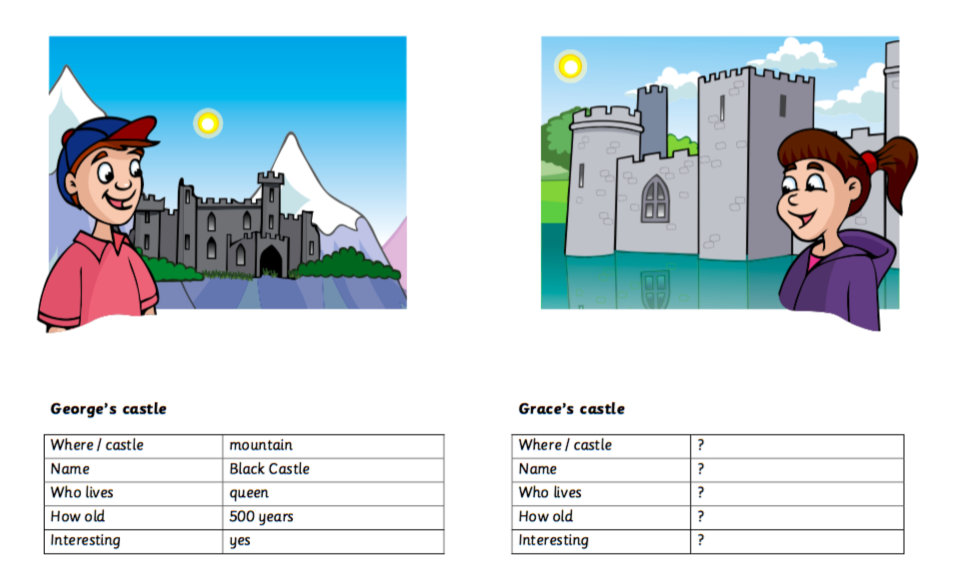Let´s watch some videos to introduce our topic: Matter and Energy. Pay attention because after watching we will talk about it.
Estimadas familias,
Os damos la bienvenida al Blog de las asignaturas bilingües de 4º de primaria. Servirá como
herramienta de repaso de los contenidos que vayamos trabajando en el aula a
diario.
Es recomendable su uso diario para repasar y reforzar desde casa.
Está diseñado para que vuestros hijos puedan trabajar
solos, pues todo lo que vamos subiendo se ha trabajado previamente en clase.
Os iremos informando de las novedades que vayan
surgiendo.
Muchas gracias por vuestra colaboración. Recibid un cordial saludo.
Sonia
y Noelia.
Wednesday, January 26, 2022
Matter Videos
STATES OF MATTER
CHEMICAL CHANGES OF MATTER
1. Oxidation
2. Combustion
3. Putrefaction
1. Magnetism
3. Distillation
4. Evaporation
Monday, January 10, 2022
Wednesday, November 17, 2021
Senses: TOUCH
The skin is the organ of touch. It is the largest organ. We use our skin to identify if something is hot or cold (temperature), hard or soft, smooth or rough (texture).
Our body is covered in skin which has nerve endings that pick up information and send it to the brain.
In some parts of our skin we have more nerve endings so they are more sensitive like the palms of our hands or the soles of our feet.
The skin is made up of three layers:
The epidermis: Melanin is here.
The dermis: Nerve endings, blood vessels and sweat glands are here.
The subcutaneous layer: Hair follicle and fat are here.
Our body is covered in skin which has nerve endings that pick up information and send it to the brain.
In some parts of our skin we have more nerve endings so they are more sensitive like the palms of our hands or the soles of our feet.
The skin is made up of three layers:
The epidermis: Melanin is here.
The dermis: Nerve endings, blood vessels and sweat glands are here.
The subcutaneous layer: Hair follicle and fat are here.
Friday, November 12, 2021
REVIEW QUESTIONS: SIGHT AND HEARING
YES/NO QUESTIONS. SIGHT AND HEARING
(In the negative answers, write a true answer.)
1. Is the eye the organ of sight?
2. Does the light go through the iris?
3. Does the lens project an upright image into the retina?
4. Can tears help wash away germs and dust?
5. Do eyebrows protect the eye?
6. Does the eyelid keep the eye clean and moist?
7. Are the auditory ossicles in the outer ear?
8. Do sound waves make the eardrum vibrate?
9. Is the stirrup the last ossicle?
10. Is the ear made up of four parts?
11. Is the cochlea in the inner ear?
12. Can the movement of fine hairs in the cochlea cause electrical impulses?
13. Is the auditory nerve in the middle ear?
14. Does the brain process information from the senses?
(In the negative answers, write a true answer.)
1. Is the eye the organ of sight?
2. Does the light go through the iris?
3. Does the lens project an upright image into the retina?
4. Can tears help wash away germs and dust?
5. Do eyebrows protect the eye?
6. Does the eyelid keep the eye clean and moist?
7. Are the auditory ossicles in the outer ear?
8. Do sound waves make the eardrum vibrate?
9. Is the stirrup the last ossicle?
10. Is the ear made up of four parts?
11. Is the cochlea in the inner ear?
12. Can the movement of fine hairs in the cochlea cause electrical impulses?
13. Is the auditory nerve in the middle ear?
14. Does the brain process information from the senses?
Wednesday, November 10, 2021
FLYERS EXAM
The FLYERS EXAM is similar to the Movers exam you practised last year.
Here you have an example to get to know the listening, reading, writing and speaking activities from a FLYERS EXAM.
Have a look at it at home!
Subscribe to:
Posts (Atom)







